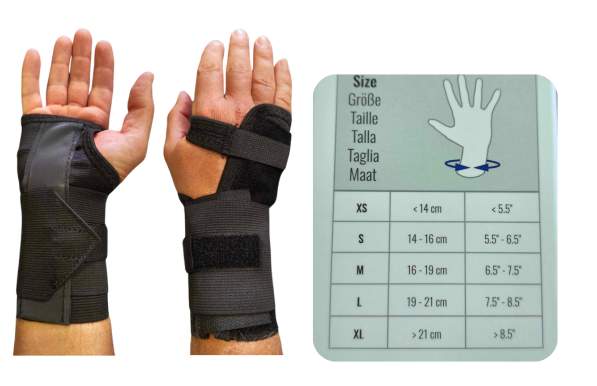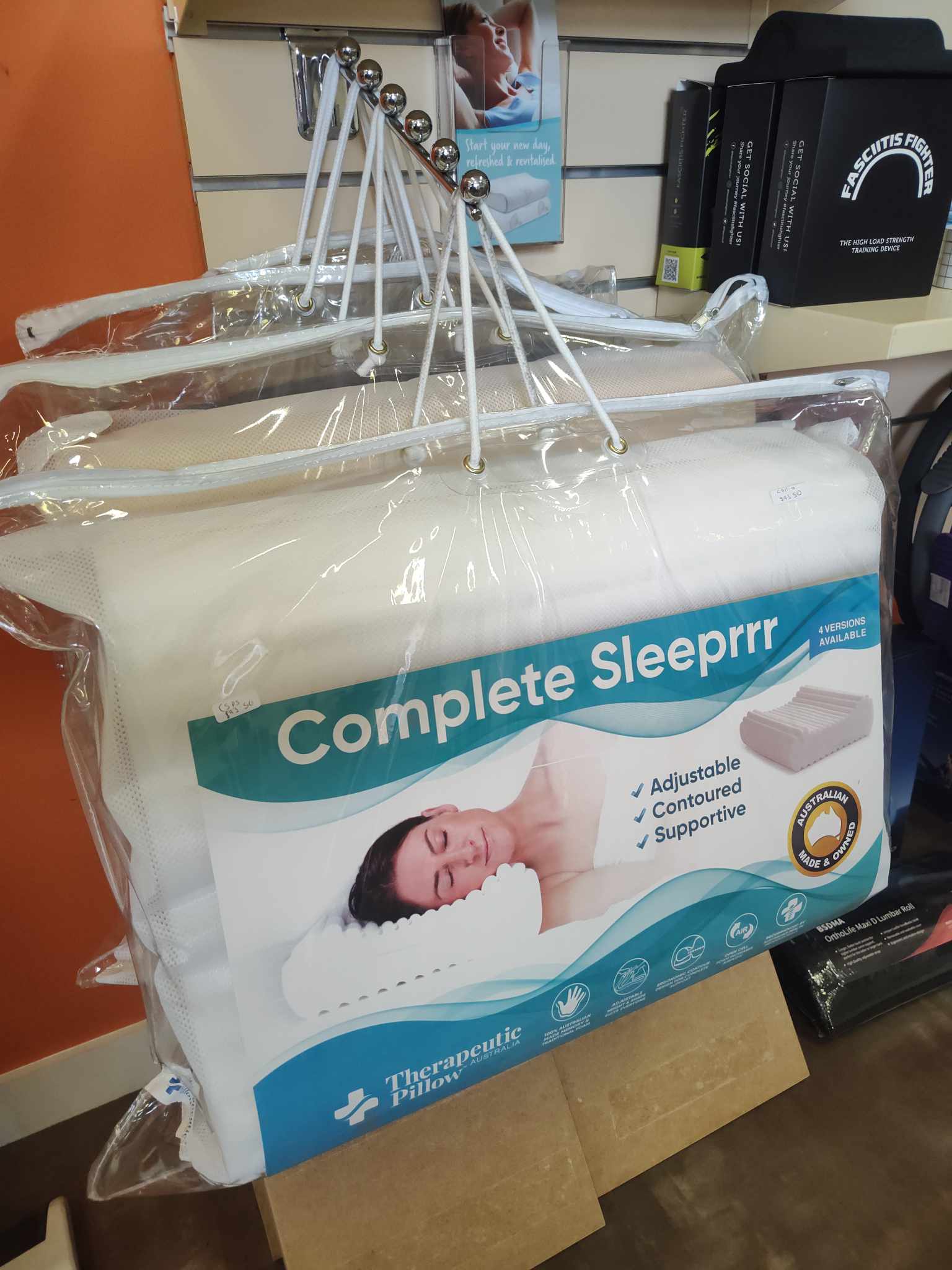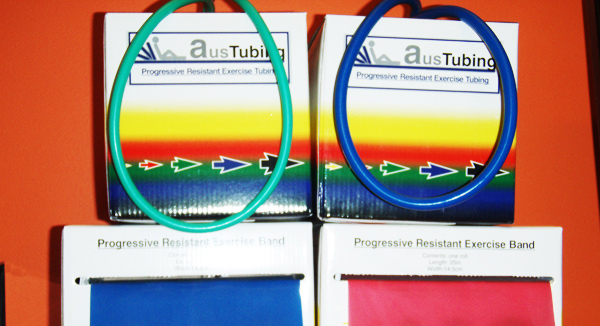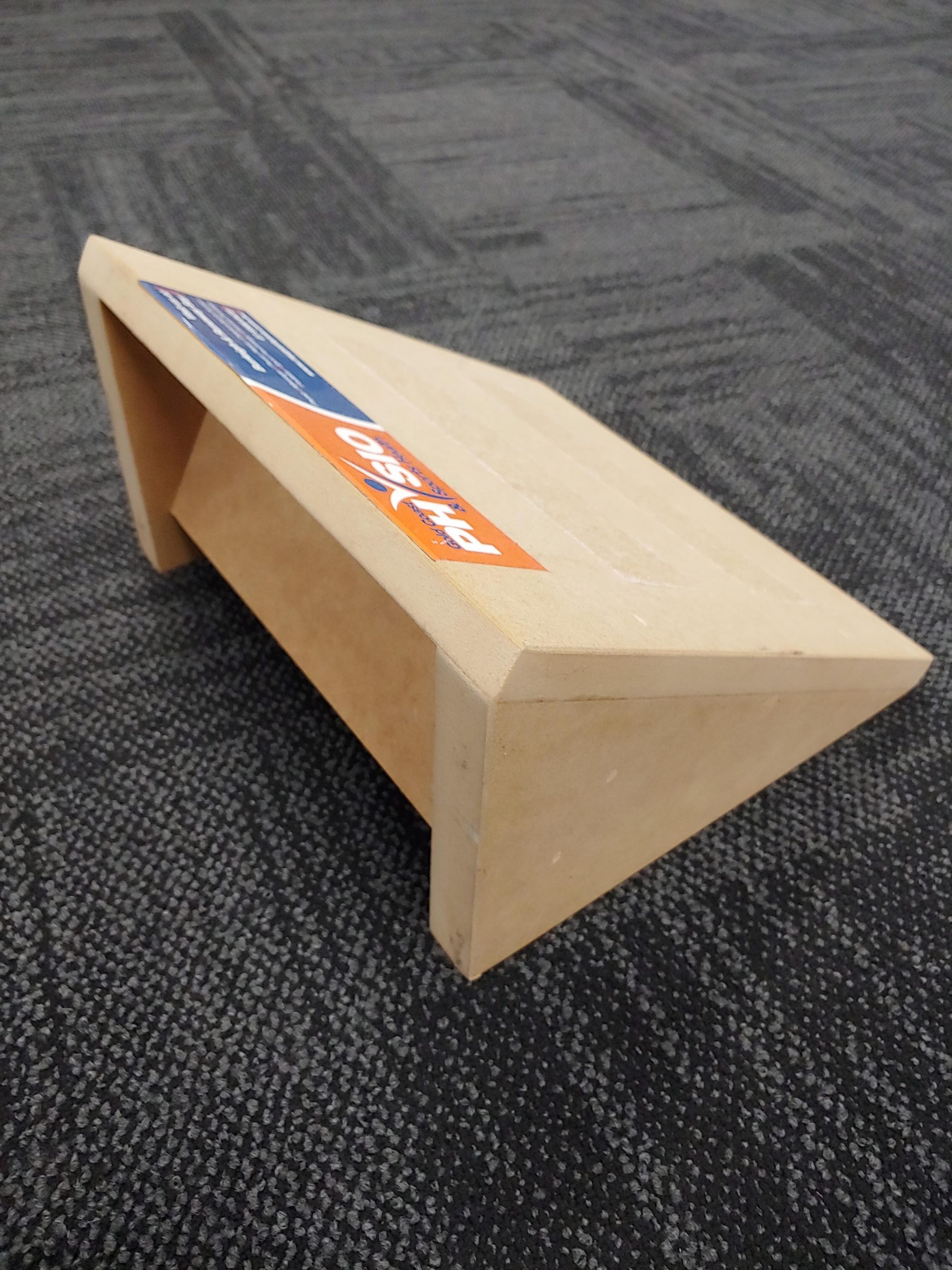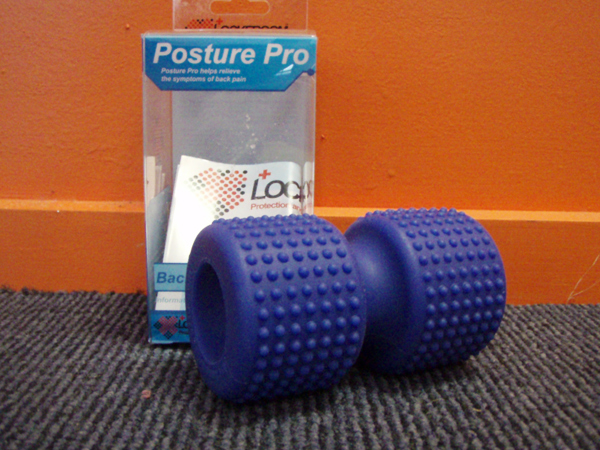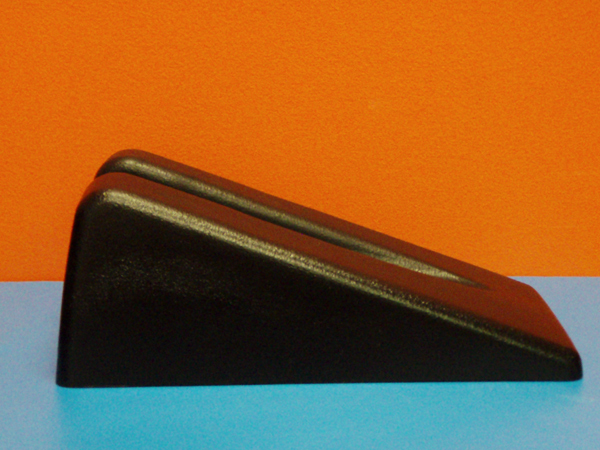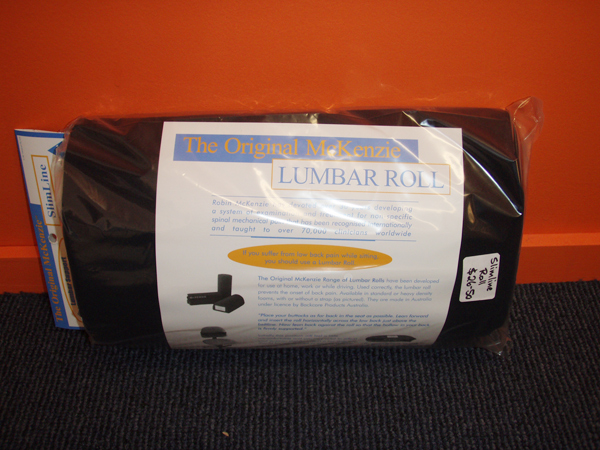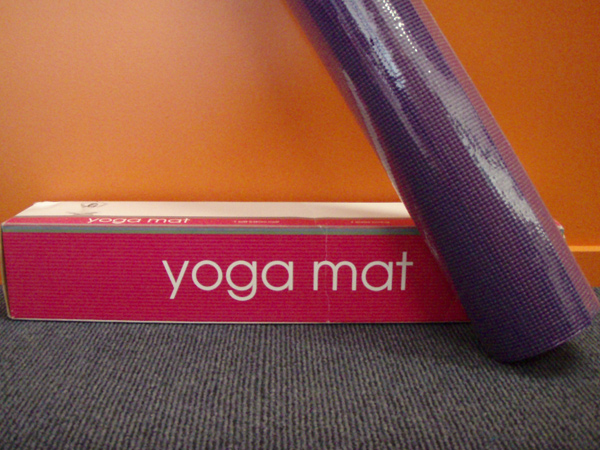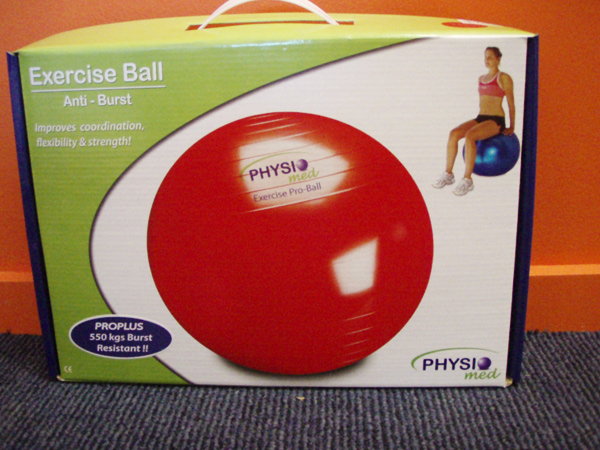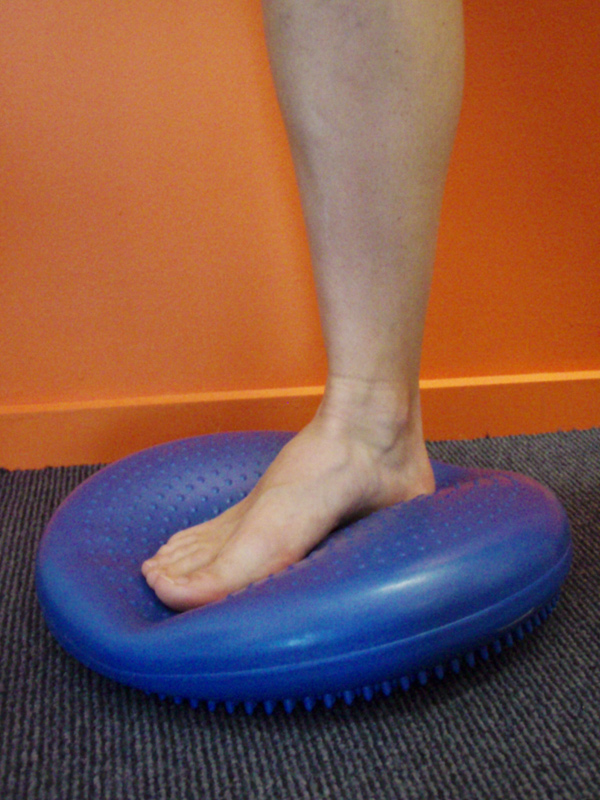 Stress urinary incontinence (SUI) is a condition that affects millions of women worldwide, but it often remains under-discussed, particularly when it comes to female athletes. While it’s commonly associated with pregnancy, childbirth, and aging, a growing body of research has shown that athletes—especially those involved in high-impact sports—are at an increased risk of experiencing SUI. This condition, characterised by the involuntary leakage of urine during physical activity, can affect performance and overall quality of life.
Stress urinary incontinence (SUI) is a condition that affects millions of women worldwide, but it often remains under-discussed, particularly when it comes to female athletes. While it’s commonly associated with pregnancy, childbirth, and aging, a growing body of research has shown that athletes—especially those involved in high-impact sports—are at an increased risk of experiencing SUI. This condition, characterised by the involuntary leakage of urine during physical activity, can affect performance and overall quality of life.
What is SUI?
SUI occurs when there is a sudden increase in abdominal pressure that overwhelms the bladder’s ability to hold urine. This can happen during activities that involve exertion, such as running, jumping, or lifting heavy weights. In women, the pelvic floor muscles (which support the bladder, uterus, and rectum) play a crucial role in controlling the bladder. When these muscles weaken OR become overactive (more so in an athlete’s case), the result can be accidental leakage of urine during physical exertion.
Symptoms of SUI in Athletes
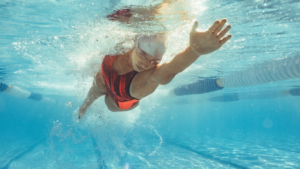 The symptoms of SUI may vary in severity but typically include:
The symptoms of SUI may vary in severity but typically include:
- Leakage of urine when running, jumping, or participating in other physical activities.
- Frequent need to urinate during training or competition.
- A feeling of pressure or heaviness in the pelvic region during exercise.
- An increased urge to urinate during or after workouts.
If left untreated, SUI can lead to a decrease in performance, and even mental health issues such as anxiety or depression due to the social and emotional impacts of dealing with incontinence.
The Role of Physio in Managing SUI
Physiotherapy plays a critical role in both preventing and managing stress urinary incontinence, especially for athletes. Pelvic floor physiotherapy involves assessment, diagnosis and an individualised exercises program / techniques designed to restore the function of the pelvic muscles.
Preventing Stress Urinary Incontinence: Tips for Female Athletes
While Physio is key for managing and rehabilitating SUI, there are also steps female athletes can take to prevent it:
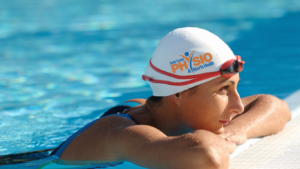 Mind Your Posture
Mind Your Posture
Good posture during exercise can reduce unnecessary strain on the pelvic floor muscles. Ensure that you are engaging your core and avoiding any excessive abdominal pressure during physical activity.- Take Rest Days
Overtraining can lead to muscle fatigue, including the pelvic floor. Allow your body adequate recovery time to prevent weakening of the pelvic muscles. - Stay Hydrated
Dehydration can irritate the bladder and make incontinence symptoms worse. Drink plenty of water, especially during intense training sessions. - Manage Your Weight
Maintaining a healthy weight reduces excess pressure on the pelvic floor, which can help prevent SUI.
Conclusion
 Stress urinary incontinence may be a common concern among female athletes, but it’s not something they have to live with. Through physiotherapy, athletes can strengthen their pelvic floor muscles, improve core stability, and learn how to manage and prevent SUI. By taking a proactive approach to pelvic health, female athletes can continue to perform at their best without the worry of incontinence interfering with their training or competitions.
Stress urinary incontinence may be a common concern among female athletes, but it’s not something they have to live with. Through physiotherapy, athletes can strengthen their pelvic floor muscles, improve core stability, and learn how to manage and prevent SUI. By taking a proactive approach to pelvic health, female athletes can continue to perform at their best without the worry of incontinence interfering with their training or competitions.
Written by APA Physiotherapist Hannah Bennett

